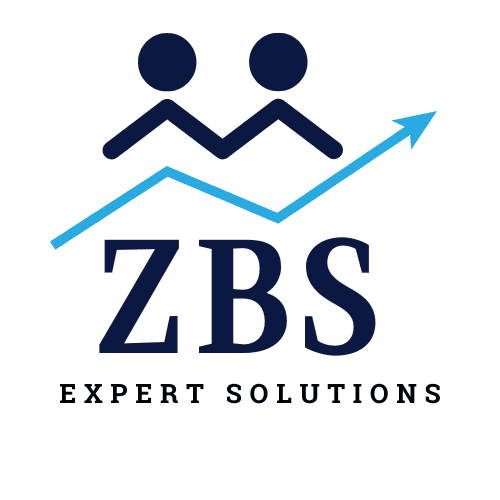In today’s fast-evolving business landscape, digital transformation is no longer a luxury but a necessity. Organisations across industries are rapidly adopting technology to streamline operations, boost efficiency, and remain competitive. At the heart of this shift lie two pivotal innovations: SaaS tools and cloud computing. Together, they are reshaping the way businesses function, enabling flexibility, scalability, and smarter decision-making.
Understanding Digital Transformation
Digital transformation involves integrating digital technologies into all areas of a business, fundamentally changing how it operates and delivers value to customers. It is more than just upgrading systems — it’s about embracing a digital-first mindset that enhances customer experience, improves internal processes, and fosters innovation.
SaaS Tools: Driving Agility and Accessibility
Software-as-a-Service (SaaS) tools are central to digital transformation strategies. Unlike traditional software that requires installation and maintenance on individual systems, SaaS tools are hosted in the cloud and accessed through a web browser. This means employees can work from anywhere, using any device with internet access.
SaaS tools have become popular because they reduce the burden of IT infrastructure, lower upfront costs, and offer scalable pricing models. For businesses looking to grow, SaaS tools provide the flexibility to scale up or down depending on operational needs without major investment.
From project management and accounting software to marketing automation and collaboration platforms, SaaS tools empower businesses to operate more efficiently. For example, instead of investing in costly legacy systems, SMEs can now utilise affordable, subscription-based platforms that offer regular updates, security patches, and support — all managed by the service provider.
The Power of Cloud Computing
While SaaS tools are applications delivered through the cloud, cloud computing is the broader concept that makes these tools possible. It refers to the delivery of computing services — including servers, storage, databases, networking, and analytics — over the internet. This model allows businesses to access and store data remotely rather than on physical, on-site servers.
The flexibility and scalability of cloud computing enable businesses to respond quickly to changing demands. Whether it's handling increased website traffic, expanding into new markets, or supporting a remote workforce, cloud infrastructure provides the resources needed to adapt.
Moreover, cloud computing significantly reduces the risk of data loss. With automated backups and enhanced security protocols, organisations can ensure business continuity even during disruptions like hardware failures or natural disasters.
Cloud Based CRM Solutions: Enhancing Customer Engagement
One of the most impactful applications of cloud computing in digital transformation is the rise of cloud based CRM solutions. Customer Relationship Management (CRM) systems are vital tools for tracking interactions, managing leads, and improving customer service. When powered by the cloud, these solutions offer even greater flexibility and insights.
Cloud based CRM solutions allow teams to access customer data in real-time, collaborate more effectively, and make informed decisions. Sales representatives on the road, support teams working remotely, and marketing departments in different locations can all operate from a single, unified platform.
In addition, these systems often integrate seamlessly with other SaaS tools such as email marketing software, social media management platforms, and e-commerce systems. This interconnectedness ensures a smooth customer journey and provides deeper analytics on buyer behaviour.
Real-World Benefits of Embracing SaaS and the Cloud
Businesses that embrace SaaS tools and cloud computing often report faster innovation cycles, reduced time to market, and improved customer satisfaction. A key benefit is the ability to test new ideas or features without large capital investment. For instance, a company can pilot a new marketing automation platform for a few months to assess its value before making a longer-term commitment.
The shift to cloud-based solutions also levels the playing field for smaller businesses. SMEs can now access the same powerful tools once available only to large enterprises, helping them compete more effectively in a digital economy.
Furthermore, as data becomes central to decision-making, cloud computing allows companies to harness analytics and machine learning tools to gain actionable insights. This data-driven approach helps businesses personalise their offerings, improve customer retention, and uncover new revenue streams.
Final Thoughts
The synergy between SaaS tools and cloud computing is at the core of successful digital transformation. These technologies provide the infrastructure and flexibility required to innovate, grow, and stay resilient in an ever-changing market.
As businesses continue to face new challenges and opportunities, adopting cloud based CRM solutions and other cloud technologies is no longer just an option — it’s a strategic imperative. Those who invest in these tools today will be the ones leading the digital economy of tomorrow.




